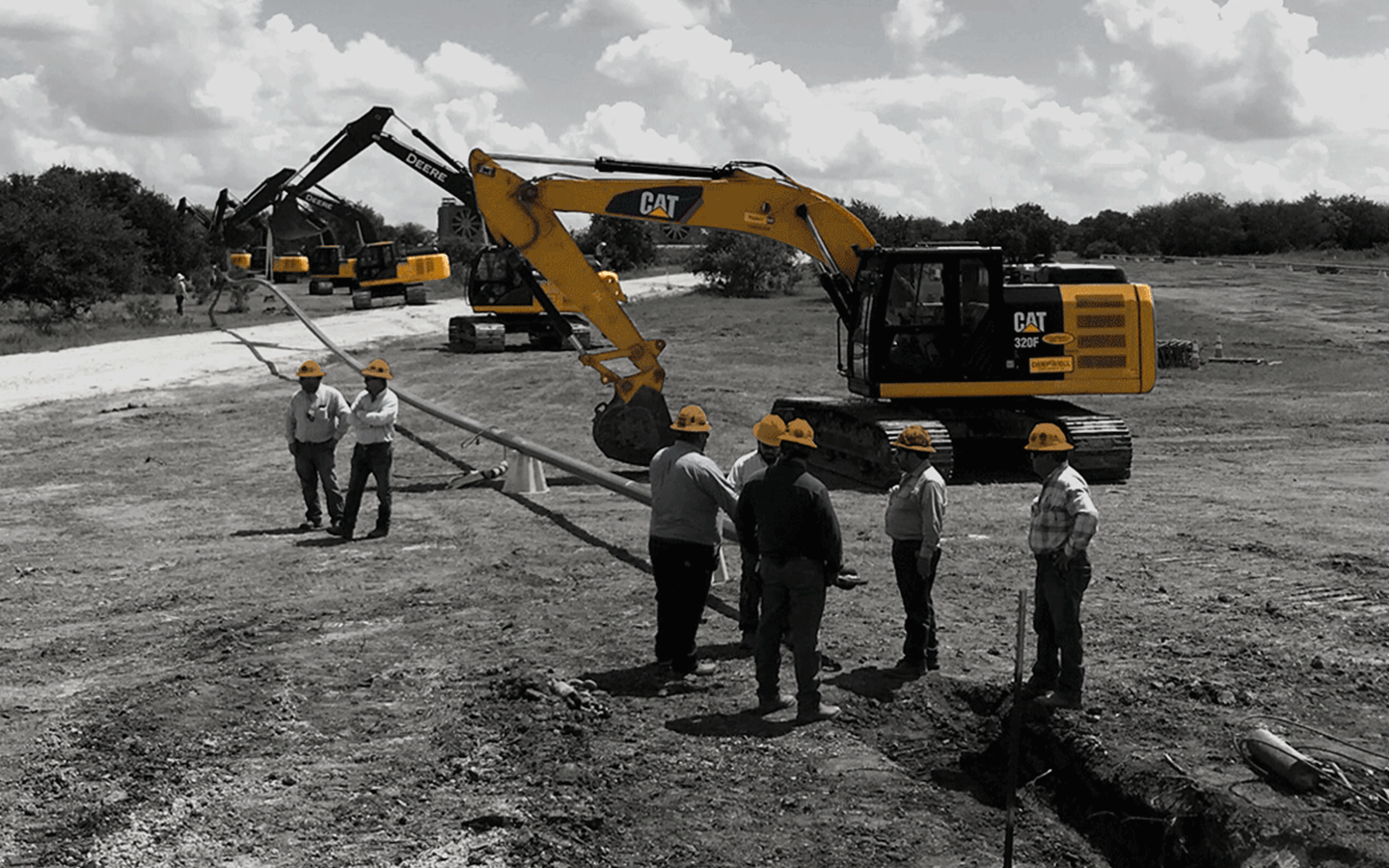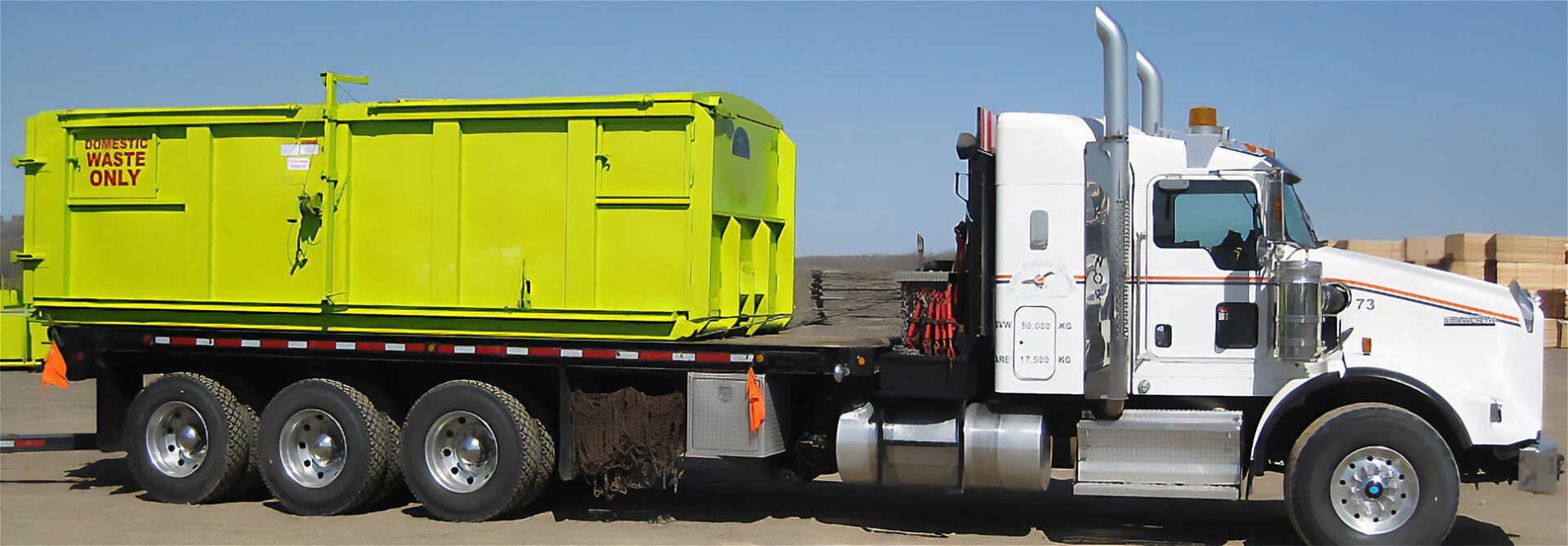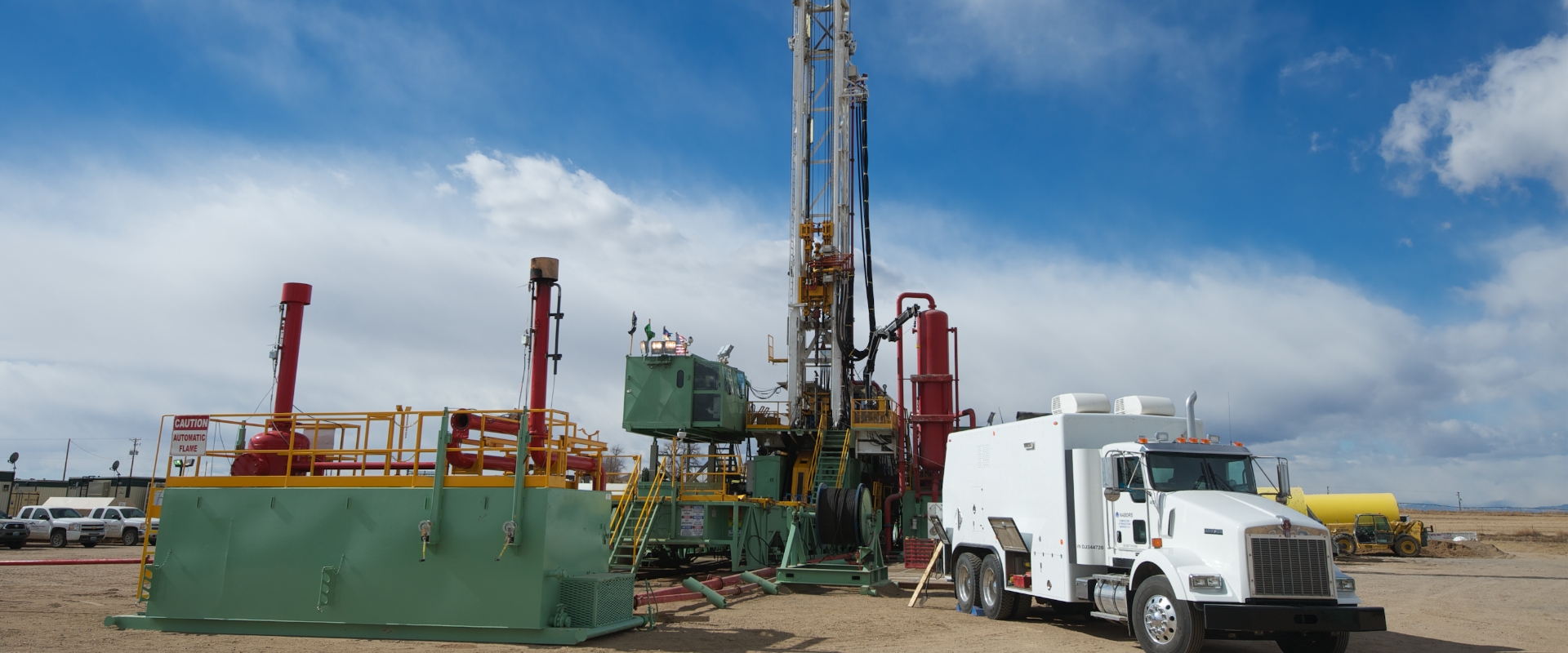Superior Rentals Contact: quick communication guide
Wiki Article
A Comprehensive Guide to the Different Sorts Of Oil Field Equipment and Pipeline Equipment Available
The oil and gas market counts heavily on specific equipment for effective extraction and transport. Different kinds of machinery, from drilling rigs to storage space tanks, play vital duties in this complex procedure. Each piece of tools serves unique functions that add to overall functional success. Comprehending these elements is necessary for any person associated with the market. As the sector advances, so also do the technologies that support it. What developments are on the horizon?
Drilling Rigs: The Foundation of Oil Expedition
Drilling rigs work as the crucial equipment in the domain of oil expedition, allowing companies to gain access to hydrocarbon reserves hidden deep below the Planet's surface. These rigs come in numerous types, including land rigs, offshore rigs, and mobile systems, each developed to run in certain environments. Equipped with innovative technology, piercing rigs can penetrate geological developments with precision, ensuring reliable resource extraction. The architectural stability and operational abilities of these rigs are crucial, as they have to endure severe conditions and substantial stress. The selection of a drilling rig affects the total job price and timeline, making it an important factor to consider for oil firms seeking to enhance their expedition initiatives and optimize productivity in their procedures.Pumps: Important for Fluid Motion
In the oil removal procedure, the function of pumps is substantial, promoting the movement of liquids throughout various stages of production. Pumps are vital for moving unrefined oil, water, and various other fluids from below ground storage tanks to the surface area and after that via pipes to refineries. They can be found in numerous kinds, consisting of centrifugal, favorable variation, and completely submersible pumps, each offering certain objectives based upon the liquid attributes and functional demands. Centrifugal pumps are typically utilized for their effectiveness in high-flow applications, while positive displacement pumps master handling thick liquids. The selection of pump influences total efficiency, functional safety and security, and upkeep prices. Correct selection and maintenance of pumps are crucial for enhancing production and reducing downtime in oil field operations.Valves: Managing Circulation and Pressure

Shutoffs play an important duty in managing the circulation and pressure of liquids within oil fields and pipes. Various kinds of valves offer distinct applications, each designed to satisfy certain functions essential for reliable operation - Superior Oilfield Rentals. Understanding the qualities and uses these shutoffs is crucial for maximizing system efficiency and safety
Kinds of Valves
Essential components in oil field procedures, shutoffs play an important duty in regulating the flow and pressure of liquids within pipes and devices. Numerous sorts of valves are utilized to meet the diverse requirements of oil and gas manufacturing. Typical kinds consist of gateway shutoffs, which give a straight-line flow and minimal pressure drop; globe valves, known for their throttling abilities; and sphere shutoffs, identified for their fast on/off control. In addition, check shutoffs protect against backflow, while butterfly valves provide a light-weight solution for regulating circulation. Each shutoff kind is designed with details products and setups to hold up against the severe problems frequently found in oil fields, making certain integrity and performance in procedures. Comprehending these kinds is critical for effective system management.Valve Applications and Functions
While numerous types of valves offer distinctive objectives, their main applications focus on managing flow and pressure within oil and gas systems. Valves such as gate, world, and round valves regulate fluid movement, ensuring peak performance and safety. Gate shutoffs are commonly utilized for on/off control, providing marginal circulation resistance. Globe valves, on the other hand, deal accurate flow regulation, making them ideal for throttling applications. Ball shutoffs are favored for their fast procedure and tight securing capabilities. In addition, stress safety valve are critical for stopping system overpressure, protecting tools stability. Overall, the proper selection and application of shutoffs enhance functional efficiency, making sure the dependable transportation of oil and gas through pipes and processing facilities.Compressors: Enhancing Gas Transport
Compressors play a crucial function in the reliable transport of gas, ensuring that it relocates efficiently with pipes over lengthy distances. These gadgets increase the pressure of gas, allowing it to get rid of rubbing and elevation adjustments within the pipeline Superior Rentals fusion machines system. Additionally, compressors assist in the harmonizing of supply and demand, fitting variations in usage and manufacturing prices. Various sorts of compressors are used in the industry, including centrifugal, reciprocating, and rotating screw compressors, each offering distinctive advantages based on the functional requirements. Regular upkeep of these compressors is necessary to maximize effectiveness and lessen downtime, ultimately contributing to a trusted gas transportation network. Their crucial function emphasizes the importance of compressors in the overall oil and gas facilities.Storage Tanks: Safe and Effective Fluid Monitoring
Effective transport of gas depends on different supporting systems, one of which is the appropriate monitoring of storage space containers. These containers play an essential function in safely having liquids, making sure that operational effectiveness is preserved while lessening ecological dangers. Built from resilient materials, they are designed to withstand high stress and harsh aspects. Correctly sized and strategically located, tank assist in the smooth flow of gas and various other fluids, preventing bottlenecks in supply chains. Regular maintenance and surveillance are important to detect leaks or architectural problems, promoting safety and security and conformity with regulative standards. Inevitably, the efficient management of tank is vital for the overall honesty and reliability of the oil and gas sector's liquid handling systems.
Pipeline Systems: Framework for Transportation
Pipeline systems act as the backbone of the oil and gas sector, assisting in the efficient transport of hydrocarbons over large ranges. These systems include numerous components, consisting of pipes, shutoffs, pumps, and compressors, all meticulously made to guarantee smooth flow. The products made use of in pipeline building, often steel or high-density polyethylene, are chosen for durability and resistance to rust. Pipeline networks can cover throughout land and water, connecting manufacturing websites to refineries and distribution. In addition, advanced innovation makes it possible for real-time tracking of circulation prices and pressure degrees, enhancing operational performance. The strategic placement of these pipes decreases environmental effect while making the most of source accessibility, thus playing an essential function in conference power demands worldwide.Safety And Security Equipment: Ensuring Worker and Environmental Defense
The procedure of pipeline systems, while vital for power transport, also presents considerable safety and security challenges for employees and the setting. Safety equipment plays a significant function in reducing these dangers. Individual protective devices (PPE) such as safety helmets, gloves, and non-slip footwear safeguards workers from physical dangers. Furthermore, gas detection systems keep an eye on for leaks, guaranteeing that dangerous compounds do not present a danger to workers or the surrounding community. Emergency shutdown systems are important for rapidly stopping procedures throughout a dilemma, avoiding potential calamities. Spill control materials, including absorbents and obstacles, are essential for lessening environmental impact. On the whole, buying all-inclusive safety tools is essential for keeping operational integrity and shielding both employees and the environment in the oil and gas sector.
Regularly Asked Questions
Exactly how Do I Select the Right Oil Field Equipment for My Task?
Choosing the ideal oil area equipment involves reviewing project specifications, budget plan restraints, and functional requirements. Think about variables such as tools reliability, compatibility with existing systems, and the provider's track record to assure peak performance and security.What Are the Maintenance Demands for Oil Field Equipment?
Upkeep demands for oil area devices consist of normal examinations, lubrication, and prompt repairs. Operators should also comply with manufacturer guidelines, monitor performance metrics, and guarantee compliance with safety regulations to enhance longevity and efficiency.
How Can I Ensure Conformity With Environmental Regulations?
To ensure compliance with ecological policies, firms should conduct routine audits, implement finest techniques, purchase training, keep proper documents, and stay upgraded on legislation (Superior Rentals near me). Cooperation with environmental firms can also enhance adherence to lawsWhat Is the Average Life-span of Pipeline Equipment?
The average lifespan of pipeline devices typically ranges from 20 to 50 years, relying on factors such as material high quality, environmental conditions, and maintenance practices. Routine inspections can substantially affect durability and functional performance.Just how Do I Safely Move Oil Field Equipment to Remote Locations?
Carrying oil field devices to remote places calls for mindful preparation, consisting of course analysis, securing permits, using appropriate vehicles, and guaranteeing security procedures are complied with. Appropriate training and communication among crews are important for successful transportation.Report this wiki page